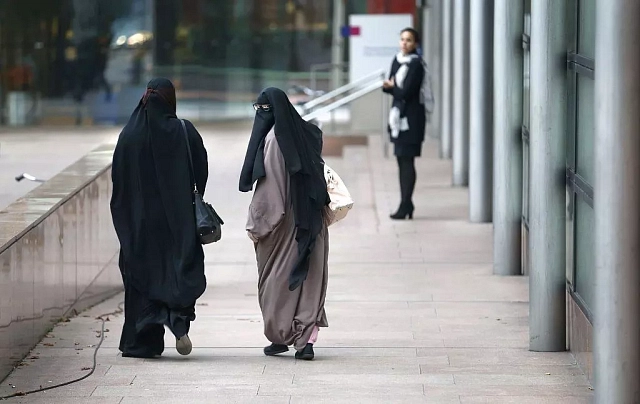
Tunisia Becomes Latest Muslim-Majority Nation To Ban Face-Veils Over Security Concerns
The Muslim-majority country of Tunisia became the latest entrant in the club of countries that ban any face-covering veil including the niqab in the public places, reports Washington Times.
The Tunisian government took the decision after a couple of suicide bombings hit the capital city of Tunis last week. Expressing serious concerns over security, Prime Minister Youssef Chahed proclaimed the ban on all kinds of face-veils.
The relatively peaceful north African country, soaked in the peak of its tourist season, was left stunned after the bombing incidents that left two dead and several injured.
The Islamic State claimed the responsibility of the attacks. The alleged mastermind of the plot, 23-year-old Aymen Smiri, was killed during a manhunt on Tuesday night when explosives he was carrying detonated on a street in Tunis.
Preliminary investigations revealed that the Smiri had disguised himself as a woman in veil or worked with a female accomplice while scheming on the plot.
The Muslim clerics oppose the move saying that it targets conservative women. A similar ban was also in place under two successive authoritarian regimes before the uprising in 2011. After Tunisia’s 2011 popular uprising that unseated longtime president Zine El Abidine Ben Ali and ushered in an Islamist-led government, women began wearing the veil in greater numbers.
Sri Lanka, Cameroon and Algeria are the other countries that have done away with the veils recently. A number of European countries have also imposed similar bans, like France and Denmark. which have been criticised as ‘Islamophobic’.